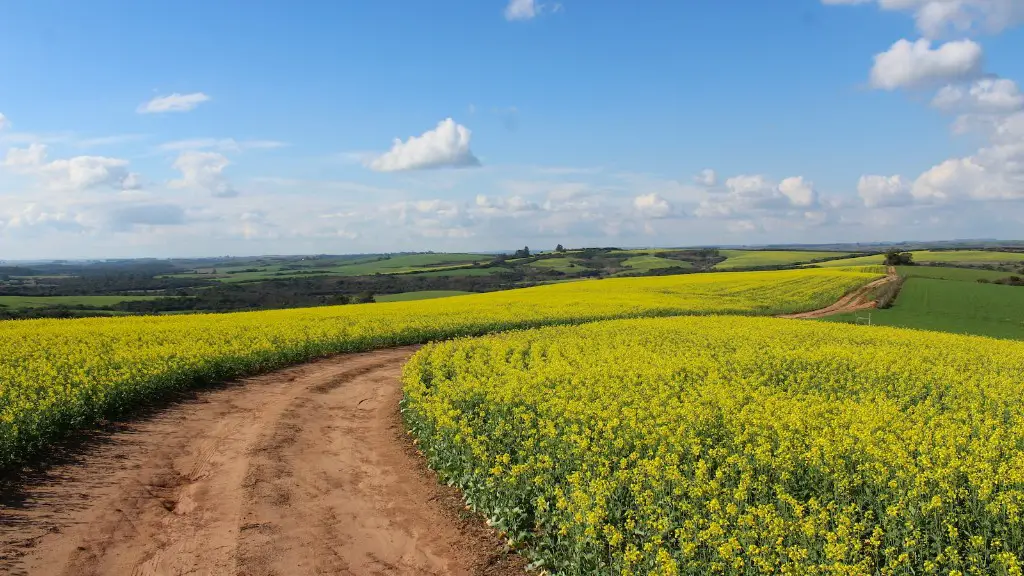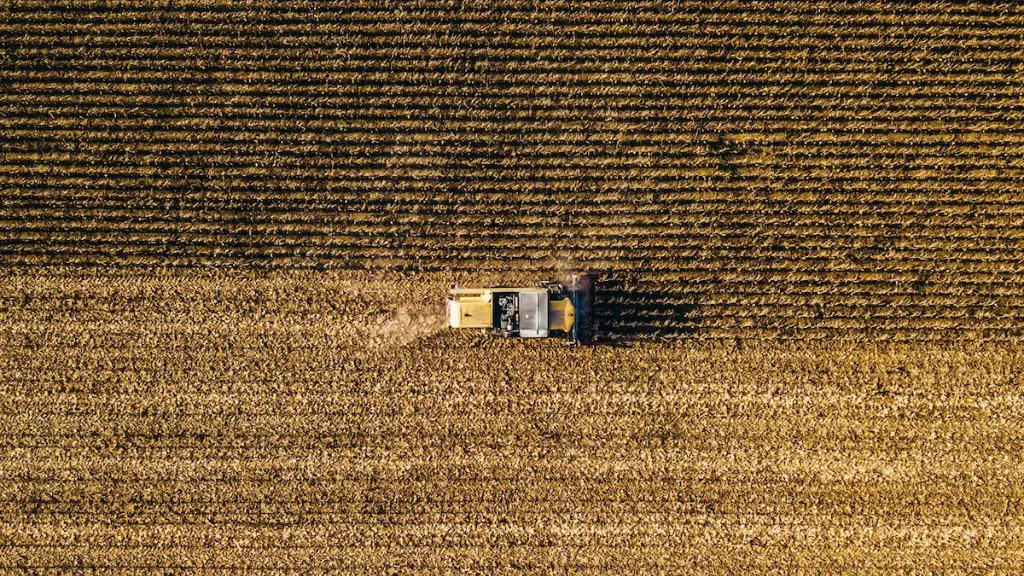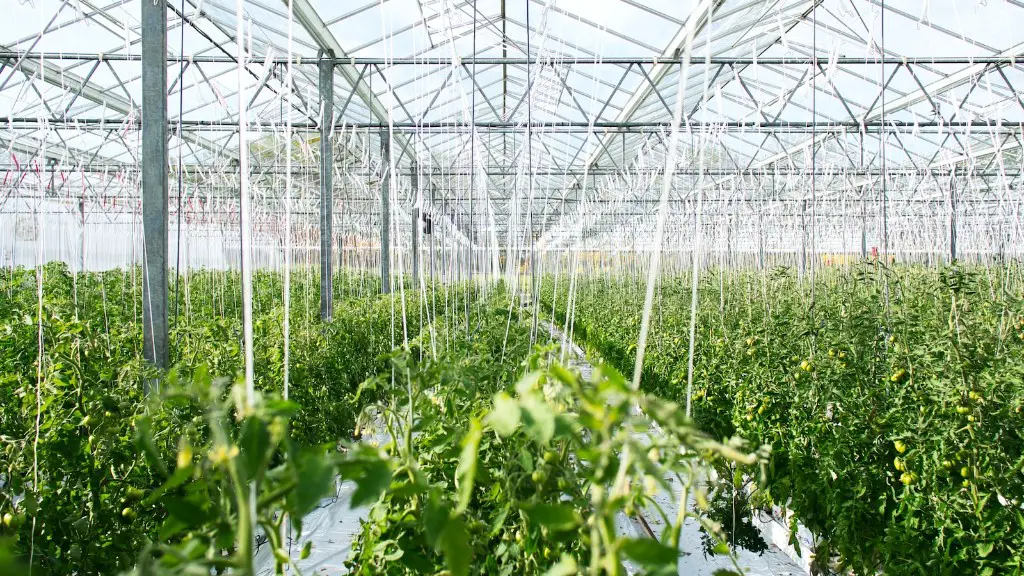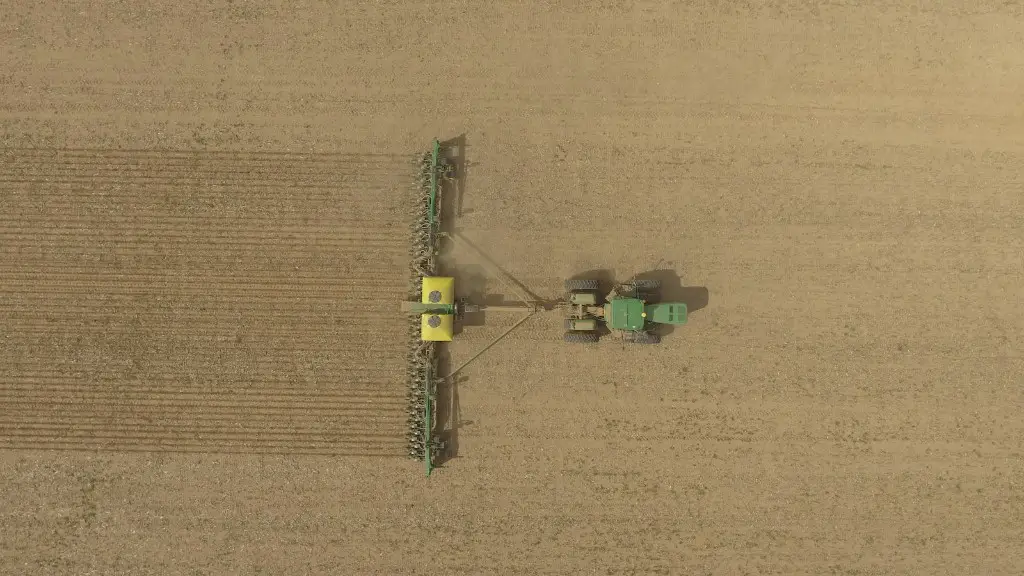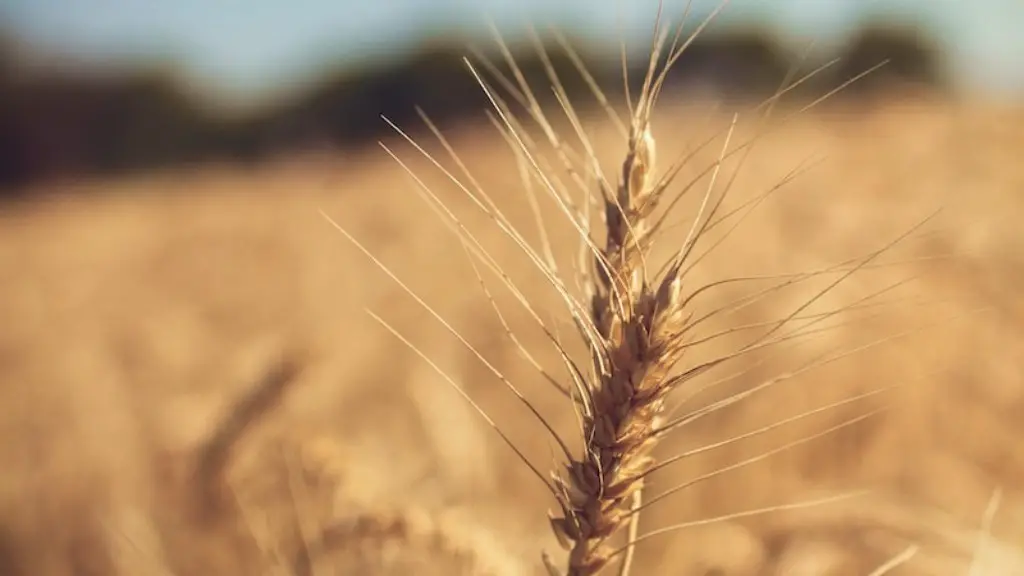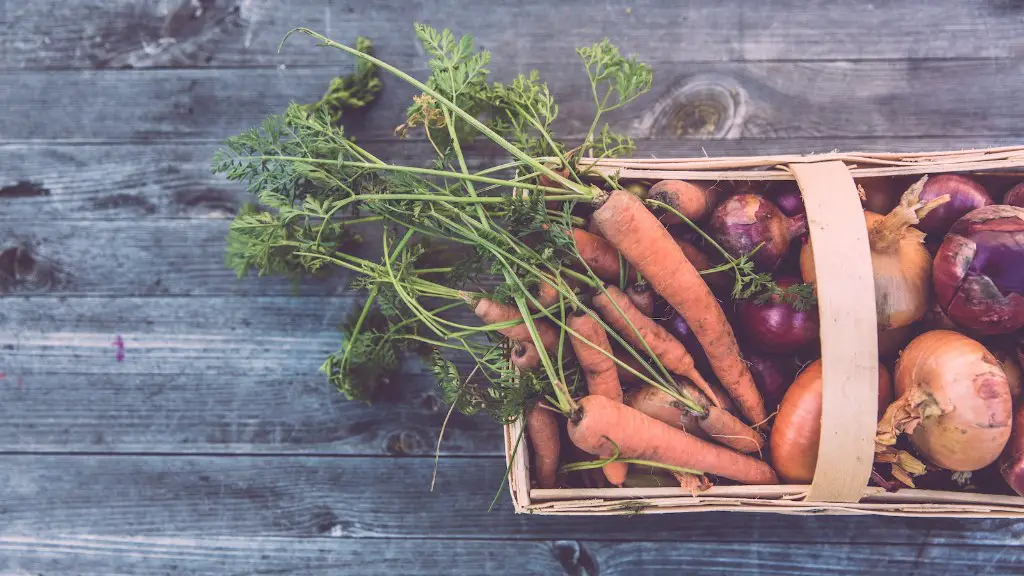The Greek god of agriculture is Demeter.
The Greek god of agriculture is Poseidon.
Who is the Roman god of agriculture?
Ceres is a goddess of agriculture, grain crops, fertility and motherly relationships. She is the only one of Rome’s agricultural deities to be listed among the Dii Consentes, Rome’s equivalent to the Twelve Olympians of Greek mythology. Ceres was an important figure in Roman religion and culture, and her festival, the Cerealia, was one of the most popular in the Roman calendar.
Apollo is one of the most important gods in Greek mythology. He is the god of music and poetry, healing, agriculture, prophecy, and archery. Apollo assumed various other deified roles over time. He was the son of Zeus and Leto, and the twin brother of Artemis. Apollo is often depicted as a young man with long hair and a laurel wreath.
Who is the Greek God for harvest
Demeter was the Ancient Greek goddess of the harvest. She was a very important goddess to Ancient Greek people, who farmed a lot of their food. Demeter had a kind and beautiful daughter, called Persephone, who she loved very much.
Saturn was an important god in ancient Roman religion and mythology. He was usually depicted as a middle-aged man with a long beard and bald head. He was often shown carrying a scythe or sickle, and was associated with agriculture, harvest, and time. Saturn’s mythological reign was often depicted as a Golden Age of abundance and peace.
Which god likes Farming?
Demeter is the Greek goddess of farming and agriculture. As Greece was largely an agrarian society, Demeter was worshipped by many for her ability to provide bountiful harvests and fertility. She is the daughter of Titans, sister to Zeus, and mother to Persephone.
Osiris was one of the most important gods in the Egyptian pantheon and was revered by all. He was the god of fertility, agriculture, the afterlife, the dead, resurrection, life, and vegetation. Osiris was also the patron god of the pharaohs and was often depicted as a king. His cult was very popular and his cult center was at Abydos.
What is Apollo a god of?
Apollo is often referred to as the god of everything, and that’s because he pretty much is! He’s associated with music, poetry, art, prophecy, truth, archery, plague, healing, and sun. He’s also the god of light, although the original sun god was Helios. But over time, people started to forget about Helios and think of Apollo as the sun god instead.
Demeter is one of the most important goddesses in Greek mythology. She is the goddess of agriculture, fertility, and the harvest. Demeter is a deeply nurturing figure, and her love for her daughter Persephone is legendary. Demeter is also associated with the seasons, and her name is linked with the autumnal equinox.
Is Kronos the god of agriculture
Cronus was one of the Titans, the first generation of divine beings. He was the father of Zeus, Poseidon, and Hades. Cronus’s functions were connected with agriculture. In Attica, his festival, the Kronia, celebrated the harvest and resembled the Saturnalia. In art, he was depicted as an old man holding an implement, probably originally a sickle, but interpreted as a harpē, or curved sword.
Demeter is known as the goddess of the harvest and agriculture. She presides over crops, grains, food, and the fertility of the earth. In ancient Greek religion and mythology, Demeter was considered to be one of the most important Olympian goddesses.
Who is the god of good harvest?
Demeter is the goddess of harvest and agriculture in Greek mythology. She is also responsible for the cycle of life and death, and is credited with creating the seasons. This is a result of her daughter Persephone being stolen by Hades and taken to the underworld. Demeter is a powerful goddess and is venerated by many.
Lugh is known as the god of the harvest, as well as skill and distribution of talent. He is the namesake of Lughnasadh, the festival that marks the beginning of harvest season. This makes his name associated with midsummer, as the crops are flourishing and waiting to be taken from the ground.
Who is the titan of agriculture
The Cronus Animals are a group of animals that were created by the Titans to torment and destroy humans. They include snakes, wolves, lions, and dragons. The most famous of these is the Lernaean Hydra, a giant serpent with nine heads that could kill a man with just one glance. Other members of the Cronus Animals include the Caucasus Eagle, which was said to be able to rip a man’s heart out; the Scylla, a six-headed monster that lived in the sea and could devour ships; and the Gorgons, three sisters with snakes for hair who could turn a man to stone with just a glance.
Norman Ernest Borlaug was an American agricultural scientist, and humanitarian. He is considered by some to be the “father of modern agriculture” and the father of the green revolution. He won the 1970 Nobel Peace Prize for his life’s work.
Who is the god of plant fertility?
It is clear that Baal was worshiped as a fertility god in ancient Canaan. In this capacity, he was known as the Prince, Lord of the Earth. He was also associated with rain and dew, two forms of moisture that were essential for fertile soil in Canaan. Baal was thus a highly important god in the agricultural society of ancient Canaan.
Flora was a popular goddess in Roman times and her temple was said to be near the Circus Maximus. She was the goddess of the flowering of plants and was said to have introduced her cult to Rome.
Conclusion
The Greek god of agriculture is Demeter.
The Greek god of agriculture is Demeter. She is the goddess of harvests, fruits, and vegetables. She is also the protector of marriage and the bringer of fertility to the land.
